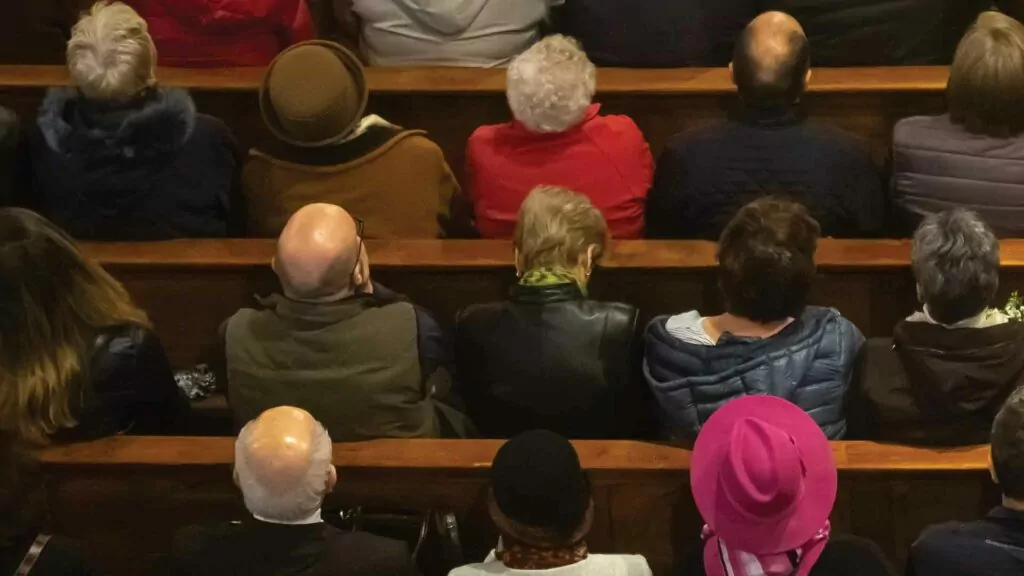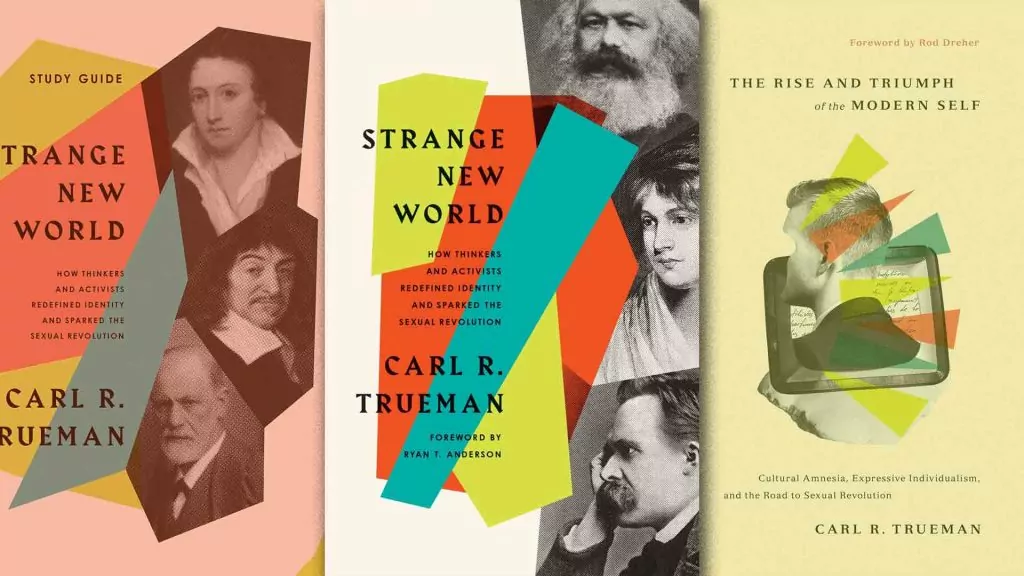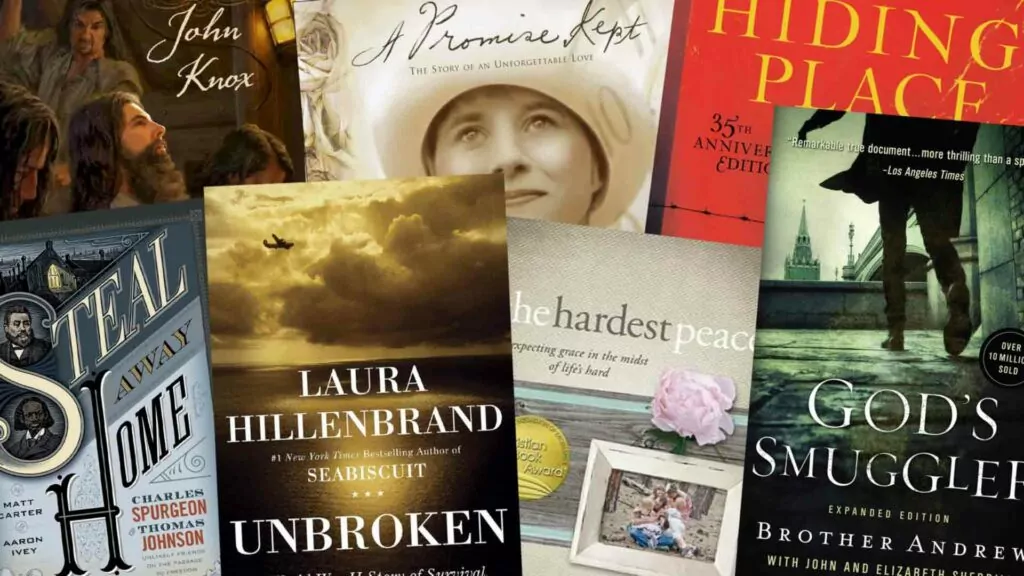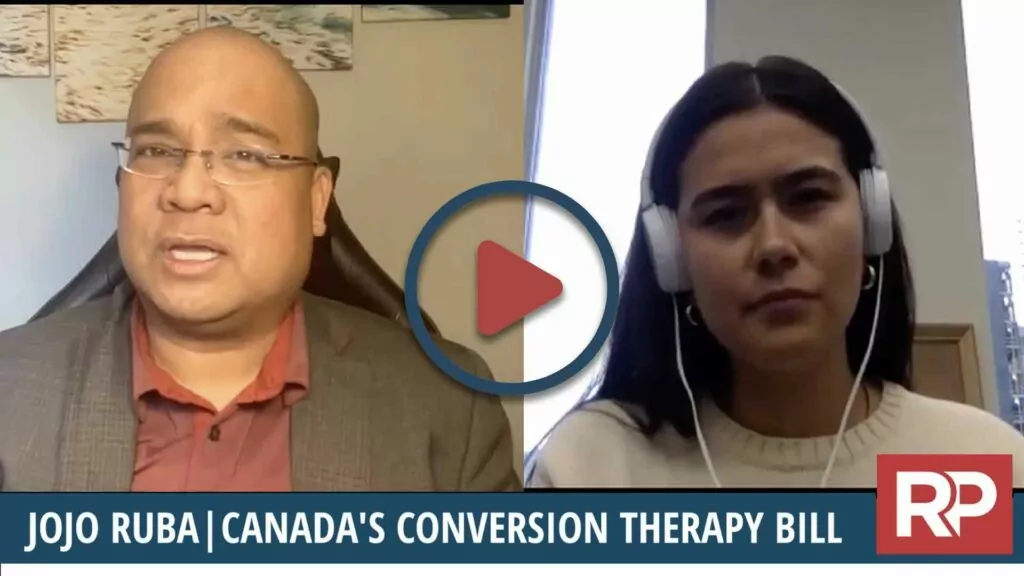I can think of many times I’ve answered the phone at the funeral home and the person on the other end of the line expressed a need to plan a funeral, but didn’t know where to start. They wanted to have the conversation, but did not know what questions to ask or how to begin the conversation. Hopefully, by asking and answering some basic questions I can help prompt your thoughts and ideas about end-of-life planning.
Who?
- Funeral planning can be done by anybody. At some point in the Christian life, we are confronted with our own mortality and that gets us thinking about our exit plan.
- Christians should give careful attention to funeral planning, since a funeral is a final witness to those left behind about what we believe and hold dear, and is an opportunity for the gospel comfort to be presented to our family and friends and leave a lasting impression. My father, a retired pastor, has said on occasion that he prefers to preach at a funeral rather than a wedding, because those in attendance at a funeral are usually listening more closely. A great question to ask yourself is, “What do I want my funeral to communicate?”
- Funerals are for the living, so funerals must be relevant and meaningful to those left behind. Planning ahead for your own funeral may be the only time you arrange an event for everyone in your life to attend but not yourself.
- Funeral planning is often done by the recently bereaved. Death comes sooner than expected many times, and a sudden, tragic loss can cause us to go numb, and feel like we are going through the motions in a daze. A trusted funeral director is vital to help you navigate all the decisions that need to be made and help you to stay within budget as plans are formulated.
- Ultimately, your executor (or if there is no will, your closest kin) has legal authority to make your funeral decisions. They should be carefully selected and clearly informed of your wishes.
What?
- Planning ahead can take many forms. It can simply be a conversation between spouses, parents and children, or friends about wishes a person may have regarding a funeral. It could also involve a conversation between a parishioner and a pastor about what text, songs and message should be incorporated into the funeral liturgy.
- Planning ahead can also involve some more practical steps, such as purchasing cemetery interment rights, selecting a funeral home to assist your family, choosing services and other items like a casket, cemetery vault, marker or monument, and even setting aside the funds to pay for them. In many areas you can research some of this information ahead of time from a funeral home’s website to educate yourself.
- There is typically no cost for a funeral planning consultation appointment and recording your preferences on file at a funeral home.
- If a death has already taken place, decisions need to be made rather quickly. There could be as many as 25 or more things to decide in a short period of time about a loved one’s funeral, ranging from which funeral home should look after the arrangements to what outfit he or she should be dressed in, to who the organist or pianist should be. Choose a funeral director who you know is going to be a helpful guide through all the decisions that need to be made.
When?
- Funeral planning should be done at your own pace. Any cemetery or funeral provider who is aggressively pursuing you or pressuring you should be avoided. Your funeral provider should provide plenty of information and choices and show a long-term commitment to your local community. Look for a referral if you are new in town.
- Planning ahead for a funeral is often done in conjunction with retirement planning, or when a family home or other assets are sold, or when conversations about aging and end of life tend to come up naturally.
- Funeral planning without making a will is like building a chair with only two legs. These things should be done in tandem.
- The timing of funeral planning conversations can be difficult to navigate, especially when one party is more willing to discuss the topic than the other. But talking about it doesn’t make it happen any sooner, it only helps you to be more prepared. Maybe that sounds cliché, but there is truth to this statement, especially as we confess God’s providence in life and in death. Involving other family members, such as adult children, in the conversation can be helpful to move along in a productive way.
- Funeral planning should be done earlier than you might think. For those who are married, funeral planning is a mutual gift that you can give to your spouse (kind of like when my wife and I signed our wills on our anniversary). It allows you to make decisions together. I have seen many surviving spouses burdened with making the final decision on all the details when nothing has been planned ahead of time. If you are single, planning ahead allows you to have some control and say over the details of your own funeral, rather than leaving everything in the hands of your executor.
- Planning early also allows you time to consider all the options, and plan for the expenses.
Where?
- Conversations can be shared anywhere. They can happen while on a drive, over a cup of coffee or a glass of wine, at a family gathering, or while sharing a quiet moment. Somewhere along the way you need to capture the content of the conversations and put it on paper.
- We often sit around the family kitchen table to help people, whether for planning ahead, or when someone has died. Arrangements can also be discussed at the funeral home by appointment.
Why?
- Planning ahead has a financial benefit, as a prepaid funeral arrangement offers guarantees and the investment of funds that protect the family from any future inflation of costs.
- Planning is preparing. It allows you to face difficult realities with loved ones, and to say confidently that even though it will be so hard, we will be able to face death, that last enemy, standing on God’s promises, as they are boldly proclaimed to us as part of a well-planned funeral. Having those conversations ahead of time can really make all the difference and set us off in the right direction on the grief journey when the time comes to say goodbye to a loved one.
Garnet VanPopta Rick is a funeral director at Kitching, Steepe & Ludwig Funeral Home in Hamilton, Ontario. You can email him at [email protected].













